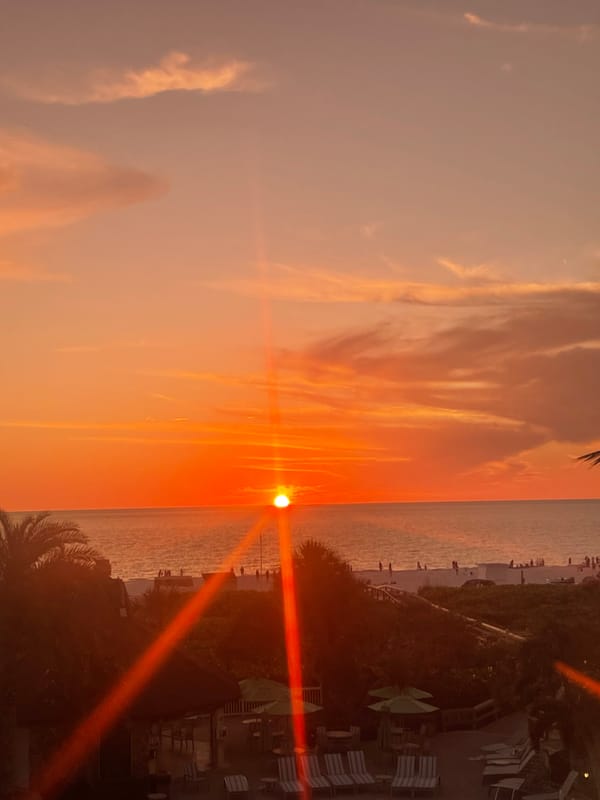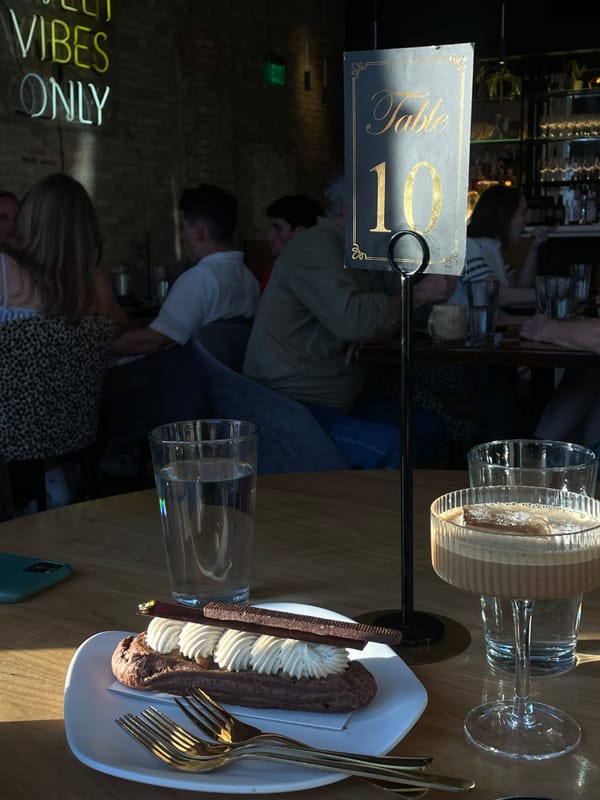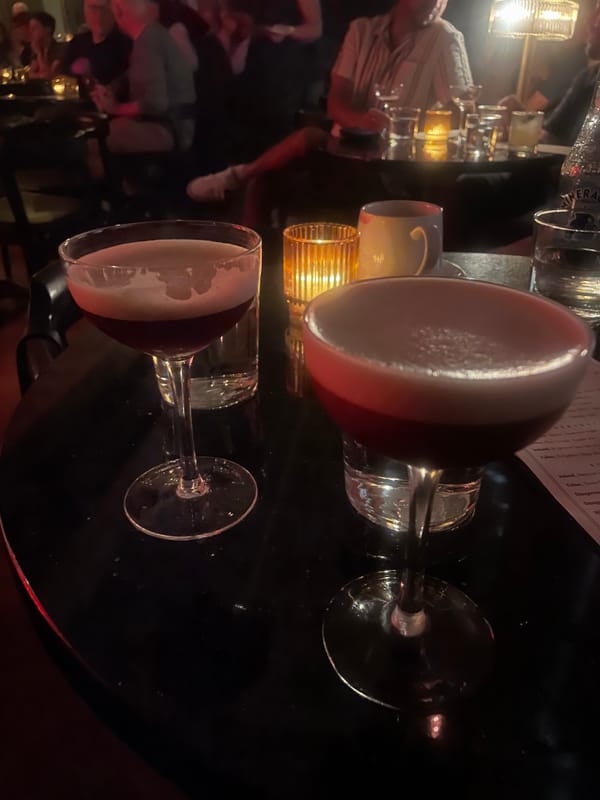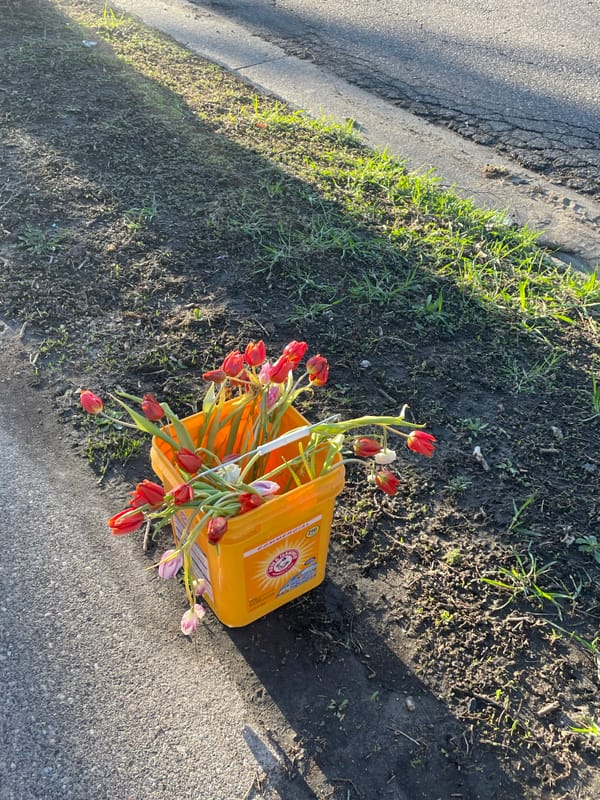the L word
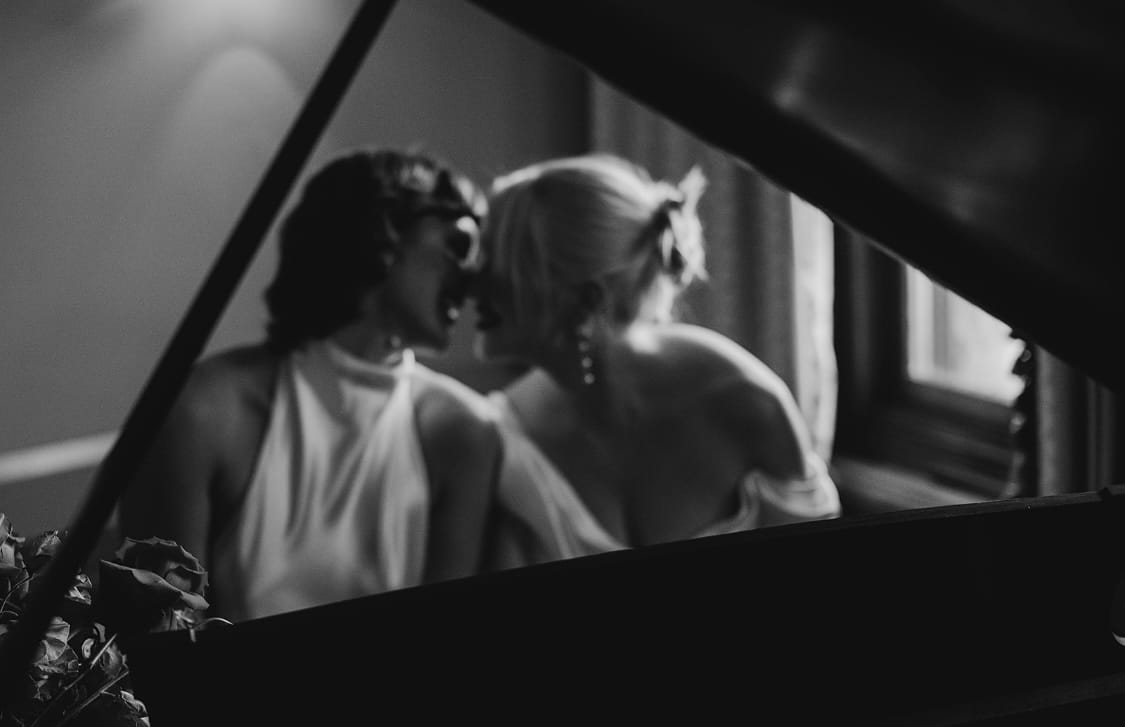
I wrote recently about how labels in our day and age are more prevalent than ever, and no matter how fluid the human experience is, people seek community through identification. However, despite our societal label-loving there is one term that I see consistently tossed to the side which I wish to focus on today.
Lesbian.
I remember my first association with the word. I was in third grade and I had gotten my thick hair chopped into a layered cut for the first time. A family member joked that I looked “like a lesbian.” I didn’t even know what the word meant, but I felt there was a sense of “other” that as a sensitive and weird child presented a knee-jerk reaction of immediate tears. Even though it was a joke, and let’s be honest … the haircut was very lesbian, I didn’t want to be whatever that word was because it did not garner the positive reaction one wishes after trying a new hairstyle.
Fast forward to today - more and more individuals who fall under the category of “lesbian” feel more comfortable using the terms “queer” or “gay.” I myself wrote about how I enjoy using the blanket term for the sense of community. It’s interesting that some feel more at ease using terminology typically associated with the male experience than female. Is it because we feel safer being grouped in with people who are attracted to men?
There is a phenomenon where if a woman identifies as bisexual, she is often assumed to be “experimenting” and that she will either perform her sexuality to please men or that she will eventually end up with a man. You would think this is just homophobia, but the same vapid critique is applied to bisexual men. They are just “lost” and “confused” on their path toward eventually ending up with a man. The assumption in our society is that men are the most desirable and therefore the default attraction for bisexual people. This exists in straight culture as well, as men are encouraged to place "bros before hoes," and women are still to this day encouraged to place their romantic relationships with men above all else. If attraction toward men is natural and ideal, there then is the implication that attraction toward women is unnatural and discouraged.
When watching the newest season of I Kissed A Girl (yes, my girlfriend bought a VPN specifically to watch it), a contestant of the sapphic Love Island-esque reality show Fiorenza talked about her own experience avoiding the term lesbian. She tearfully admits how she believes that her aversion to the word was rooted in its derogatory use from men toward her in her youth. She speaks of how it was a word that was clouded in shame and weaponized as a classification of undesirability. She then admits that she doesn’t want to function under that narrative anymore, and is proud to love women and call herself a lesbian. A similar sentiment was expressed by Renee Rapp in a recent Them article - how she once identified as bisexual and to then publicly refer to herself as a lesbian was a daunting choice she had to grapple with. It was a happy choice in the end, for she chose to do what was scary and live her truth as a lesbian.
Perhaps not everyone shies away from the word lesbian due to negative experiences, maybe there are some that don’t wish to define their sexuality so concretely. Or maybe it’s easier on dating apps to suggest that you’re not limiting yourself to any gender expression. Whatever the reason for dropping “lesbian” from your identification vocabulary, I encourage you to reconsider.
Women were once worshiped for their role in the universe, for their intuitive powers and creative abilities … somewhere along the way it became a weakness to love women, to display feminine qualities, and to partake in the celebration of womanhood. I think the negative association with identifying as a lesbian falls under this umbrella of unfortunate circumstance. So today, in the last week of Pride month (and the eve of my anniversary with my beloved), I bare the label with enthusiasm. I am in love with a woman, and there is not an ounce of shame in my heart regarding that. I’ve been working hard on not uttering the words “gay” or “queer” when speaking on my sexuality, not because I don’t feel those terms fit me anymore, but rather because I want to empower myself and others to acknowledge that loving women is not something to hide under blanketed nomenclature. And maybe by emboldening myself to transform my usage into a word of empowerment and unity, others will feel compelled to do the same. One day it could lead to the community we so crave through the creation of spaces - bars, clubs, coffee shops - to specifically celebrate women who love other women (once again begging for a lesbian bar in MPLS!!!).Words are powerful, so it is with intention and love and utmost respect that I say:
I’m a lesbian and PROUD.
Happy Pride! Celebrate Responsibly <3
